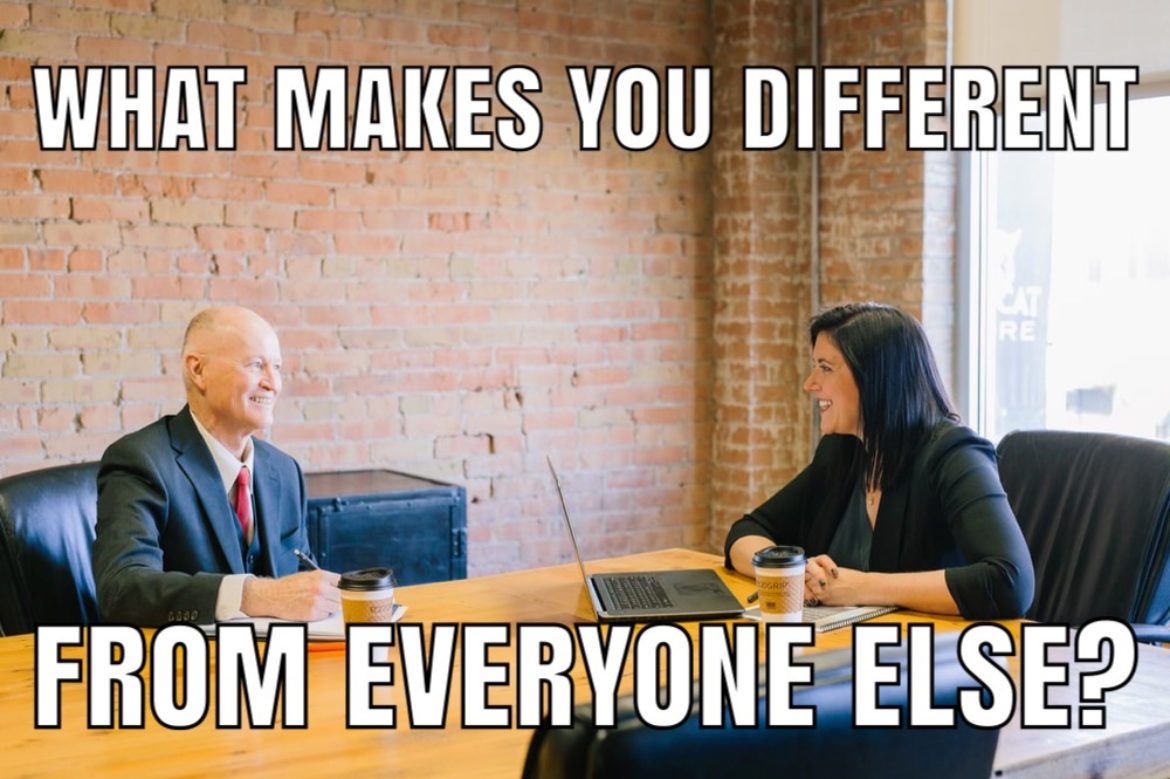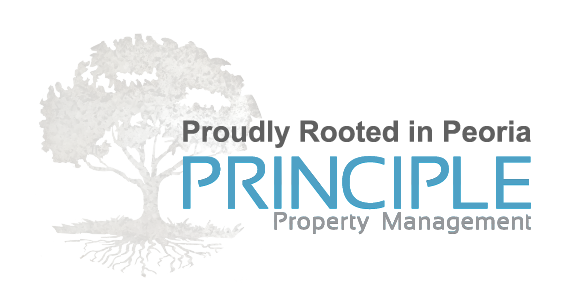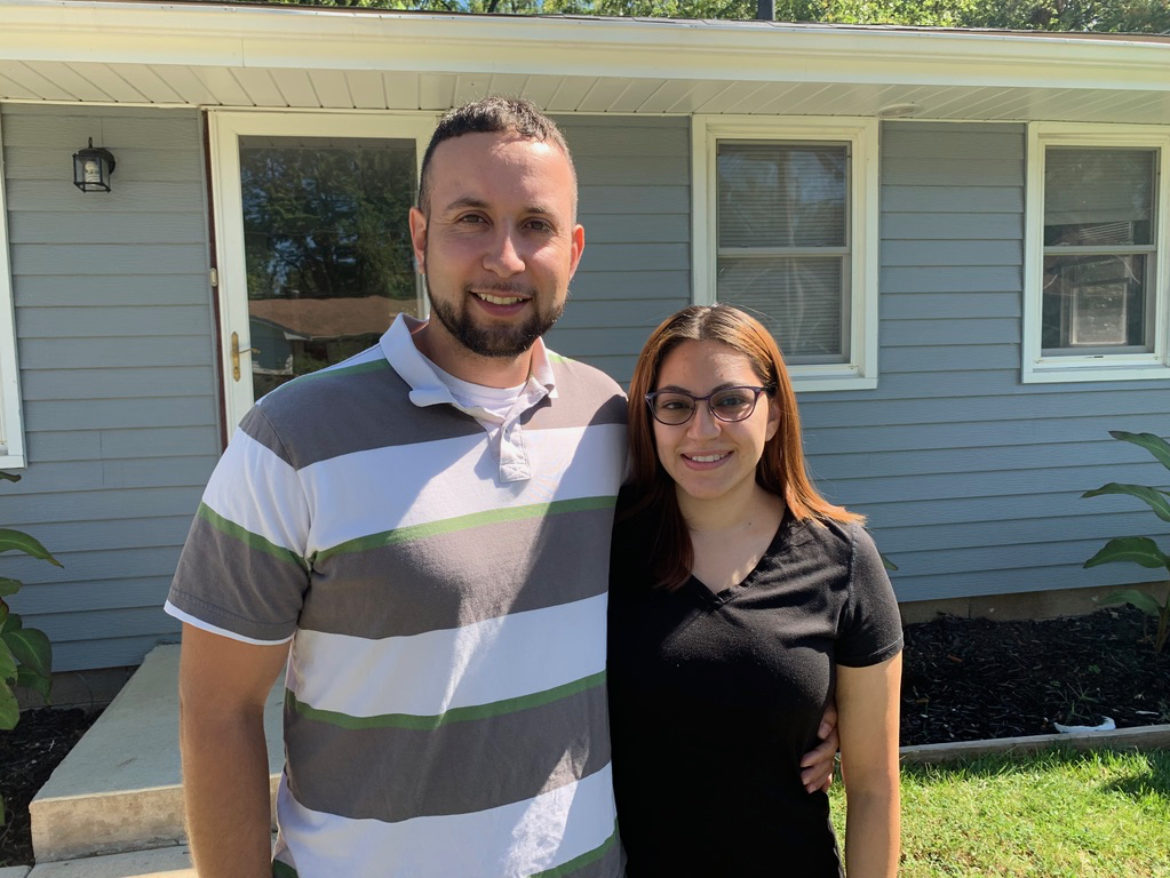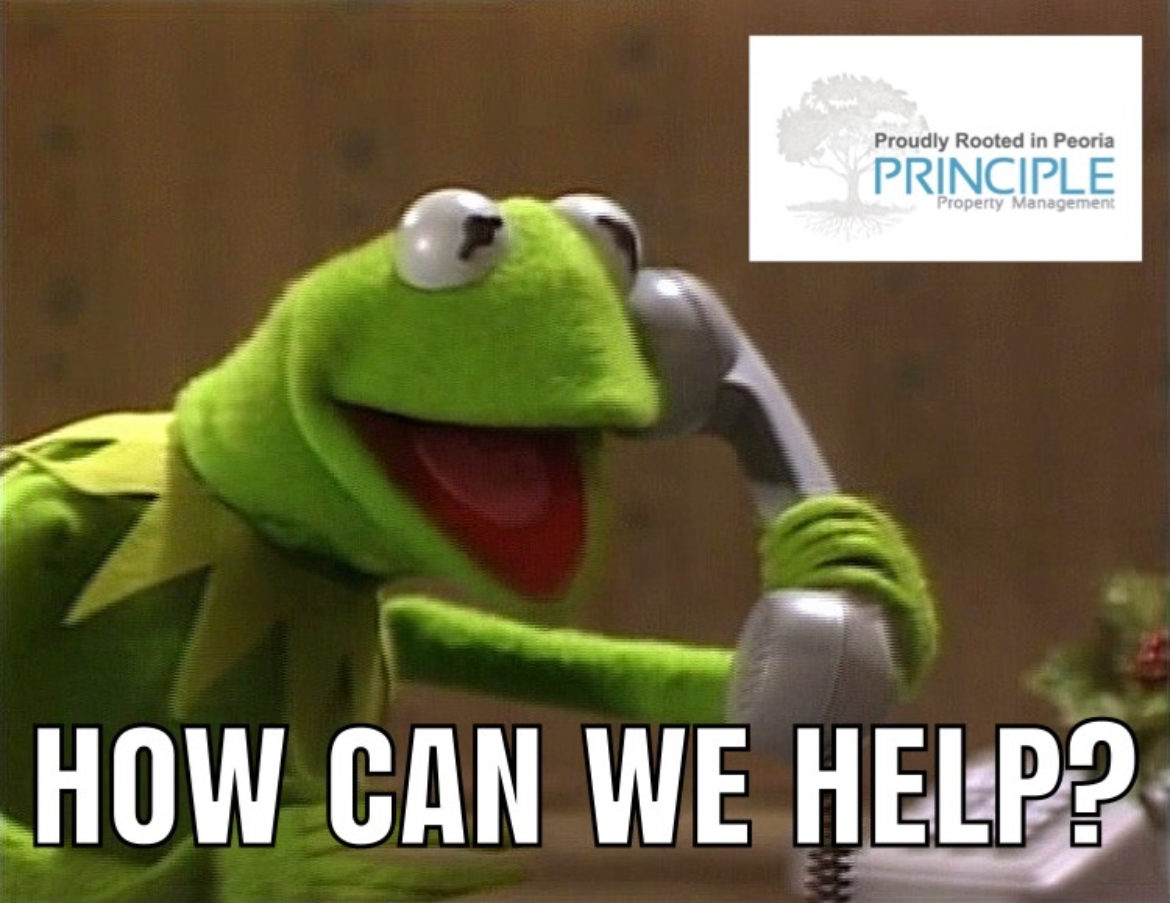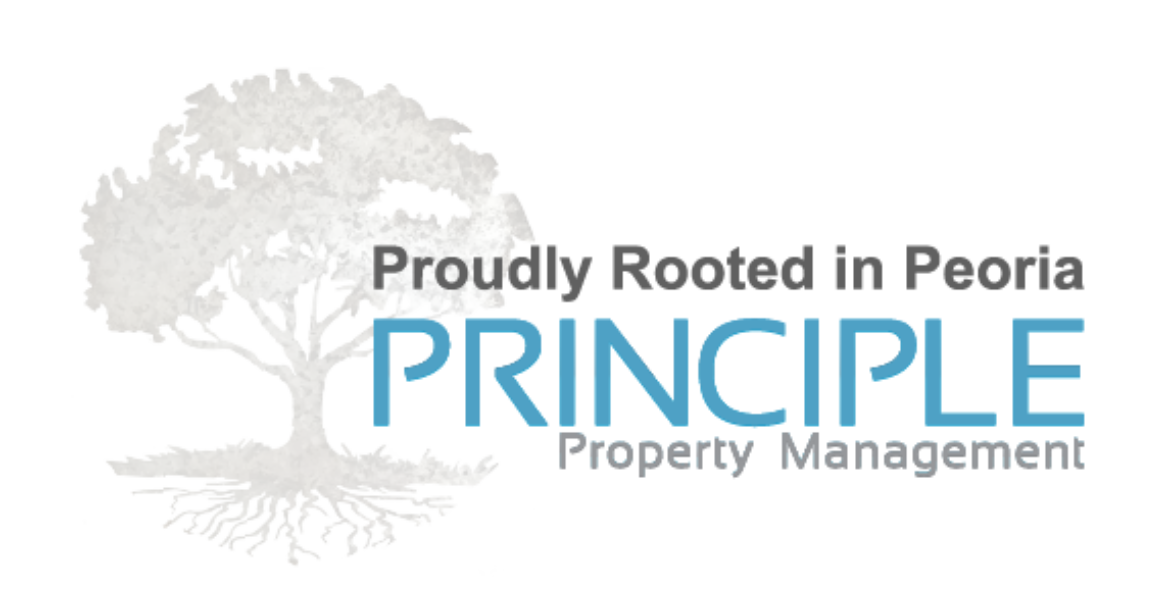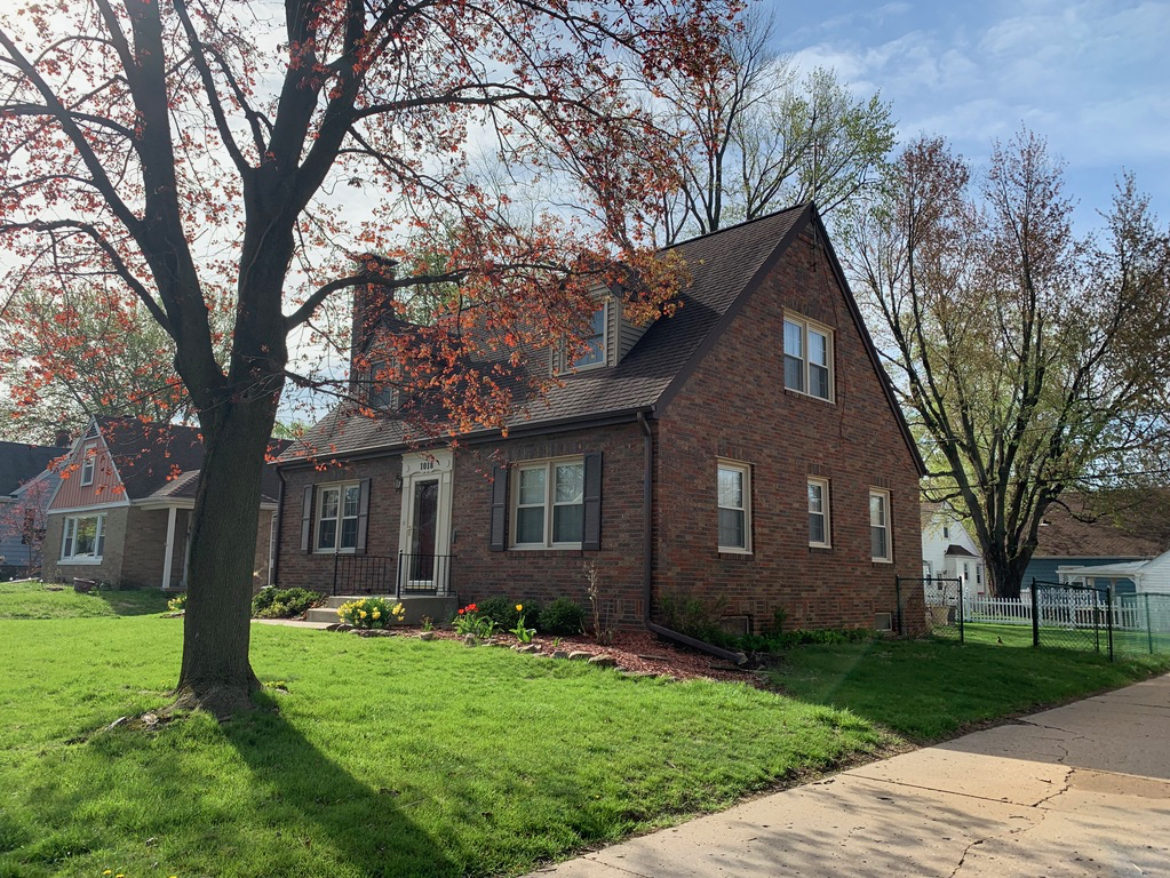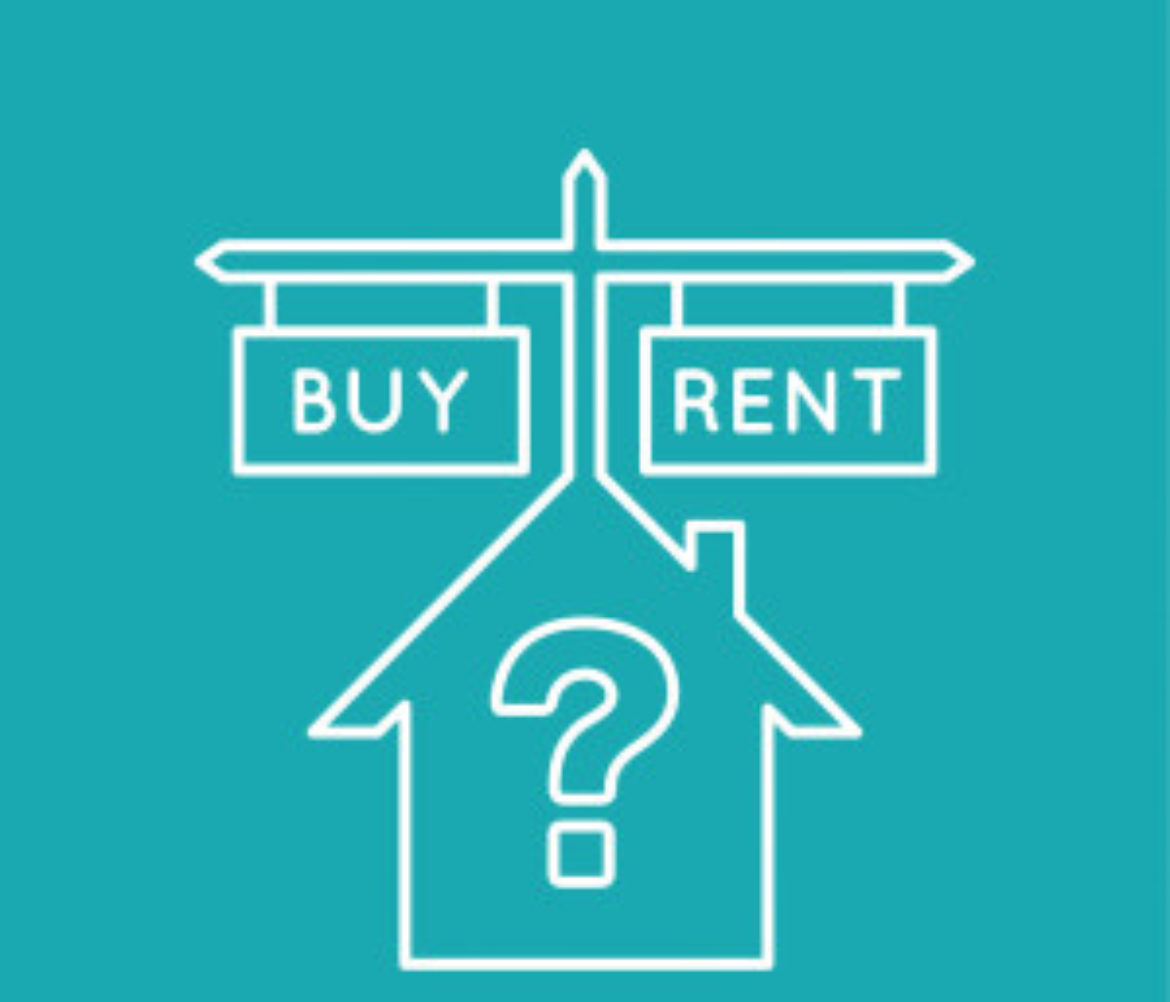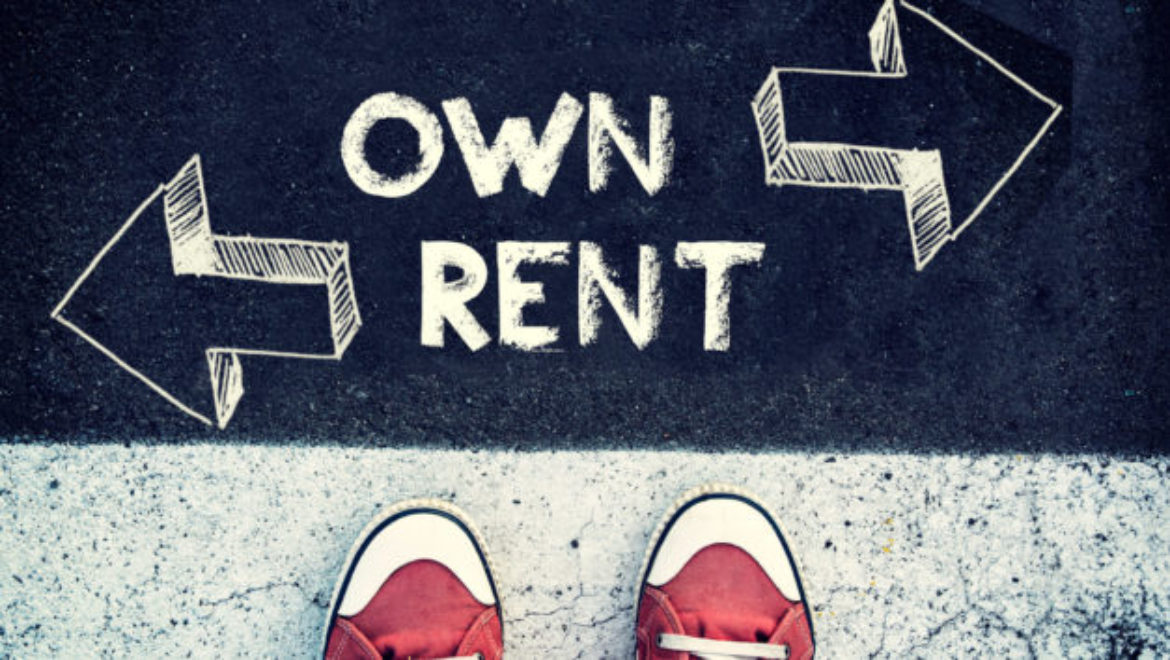Many people moving to town face this question: I’m only going to be in town for a few years. Should I Rent or Buy?
A good rule of thumb in most areas is to rent a place to live instead of buying unless you are certain that you will not move for at least 5 years. In cities like Peoria where there has been little to no appreciation over the last 20 years, I would recommend renting instead of buying unless you’re going to be around at least 10 years.
In our society there seems to be some inherent nobility in owning real estate and something inherently wrong with renting a home. The false belief that often permeates is that buying a place is always great idea and renting a place to live is silly because when you own your own home, you are able to build equity while renting means you’re throwing away money.
While it’s true that you can build equity over the long term if you own a home, the reason why you are unable to build up much equity in the early years of your mortgage is due to two things most people don’t fully understand: the amortization schedule and compound interest.
The amortization of your mortgage means that the amount you pay in interest is compounded and dependent on the amount of principal remaining on the balance. Early on, a majority of the money from your payments will go toward paying off the interest. With each subsequent payment, more will go toward paying back the principal.
Why does this happen? It comes down to the fact that the amount you owe when you make your first payment is greater than the amount you owe when you make subsequent payments. So when you apply the compounded interest rate to your initial balance, you come out with a much higher interest payment than for the balance of the last payment.
For example, if you buy a $160,000 house and put 5% down, that leaves a 152,000 mortgage. Figuring a 5% interest rate, 30 year amortization, and average property taxes and insurance, your total monthly payment comes to $1300.
After 5 years and $78,000 of payments, you decide to move. Your balance will be reduced to just $139,580. Figuring a broker commission (7%) $11,200, closing costs (3%) $4,800, and moving expenses $10,000, you would need a sales price of $173,500 just to break even.
The bottom line is: pay attention to the amortization schedule. The moderate buildup of that equity in the early years of a mortgage can be quickly erased by the high transaction costs and moving costs associated with selling.
Many people have far worse experiences. They not only have not built up much equity, they also get stuck paying maintenance, unforeseen repairs, andtwo mortgages while their house is on the market, which, in a down market, can take many months or years.
Unless you’re settling in for the long term, the prudent choice is to rent. I would set the number at 10 years.
